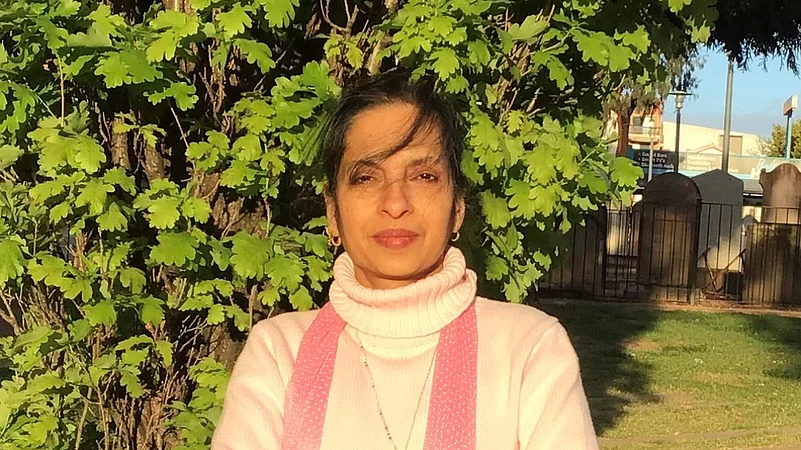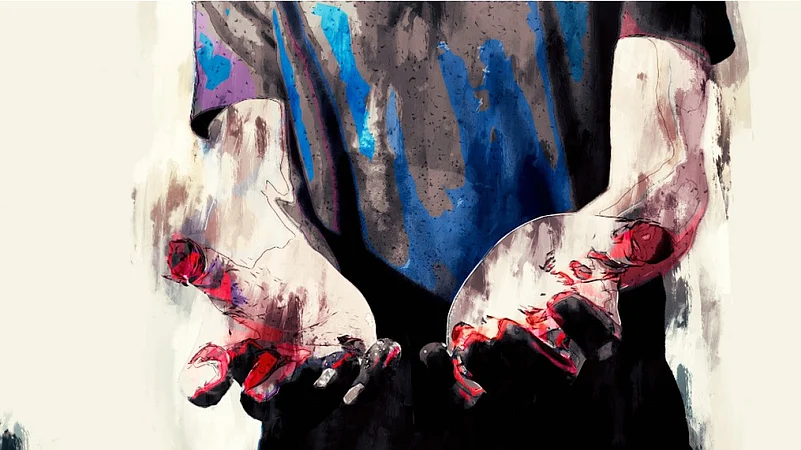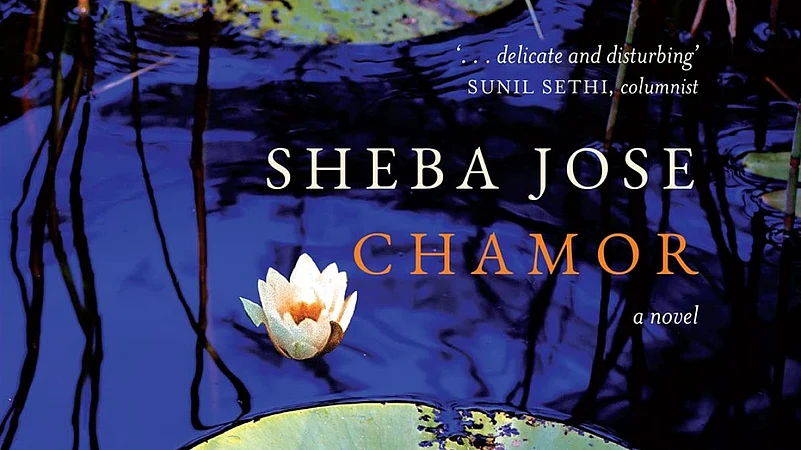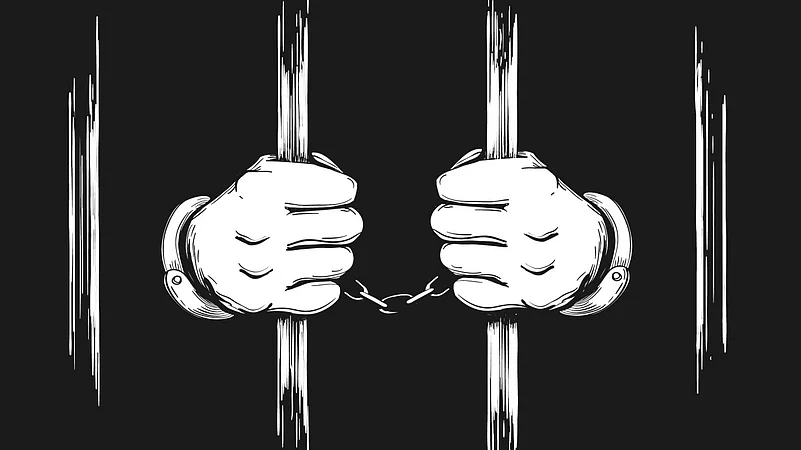Born and educated in Chennai, Sheba Jose worked in the newspaper industry for a few years. But finding that journalism had to be an almost 24-hour job if one were to do it well, she decided to take a break to spend more time with her family and also to start to write fiction, only to realise that she was never going back to it. Jose is now based in Australia. Chamor (Penguin Random House), a gutsy novel set in a part of south India, is her first published work. In this interview, she talks about her debut novel, her journey as a writer and her future plans.
Excerpts:
Q. Please tell us something about yourself.
I spent most of my early life in the hot and very lively city of Chennai. It was only during the holidays that I would go to Kerala, which was the home state of my parents. My first job was as an ‘intern’ at The Indian Express in Chennai. After that, I worked in the now-defunct daily, Newstime, in Hyderabad. A few years later, I joined the Deccan Herald in Delhi, which I eventually quit to bring up my daughter when she was two, before moving to Australia in the early noughties.
I always wanted to be a writer but because of my career in journalism, and other responsibilities, I had not been able to devote as much time to it as I would have liked. I am trying to make up for it now. Chamor is my first published story. And, I hope to write many more.
A hobby of mine has always been gardening, which is something of an urge in me. I have had many animals as pets, though they were mainly adopted on the insistence of my daughter and against the fervent advice of my mother. If I had my life to live all over again, I would ‘keep’ neither because I have learned that both plants and animals belong in the wild, which is their real home.

Q. Can you briefly describe the plot of Chamor?
The narrator and protagonist of this story is a girl called Simita, who is a five-year-old when the story begins and by the time it reaches its denouement, she is past forty. The main characters in the novel are two teenagers — Chamor, the domestic help of her grandparents in Kerala, and Jency, who lives in a city called Majuri with Simita and her parents, as their housemaid.
Two murders happen in the novel, the aftermath of which is felt intensely by the protagonist because it involves one of the characters whom she is emotionally very close to.
Q. Would you call your novel a bildungsroman?
I can understand why the novel, which is being narrated by a child who is growing up, can be easily labelled as a coming-of-age story. But it was not my intention to focus on the personal development of the narrator; it was something that happened organically. The novel is as much about what is happening in the world around the protagonists as about what is happening to her. So, I’d prefer not to put it in the category of the bildungsroman.
Q. What do the murders in your novel symbolise? Are there hidden political messages?
I think the murders in the novel are a reflection of reality. Class and power-related violence is nothing new in this world but it is always shocking to the child who experiences it for the first time. As for political messages, almost every act, directly or indirectly, is political, and when people are pushed to a corner, it is possible that they will turn violent.

Q. The characters and settings of your novel sound so real. Is your book inspired by real events and real people?
No person, place or event in my novel is totally true to my life. Some of the characters are inspired by real people but the quantity of fictional elements I have added to them is large enough to make them fictional.
Q. Who are your favourite writers and have they influenced your writing?
Unlike most authors, perhaps, I am not a voracious or up-to-date reader. There was a time when I was just out of college and had too much time on my hands. At that time, I used to go to the British Council library that my father had introduced me to when I was younger, and read whatever came to hand. Later on, I was to have a brush with the then best-sellers like Gabriel García Márquez, Milan Kundera, Dominique Lapierre, etc. apart from the occasional literary classic. I specifically remember reading about Harsha-Vardhana, a biography of Alexander the Great, a book called An Indian Summer and an author named Terrence Rattigan. But I am not sure that I have read enough of any one author or genre for them to have influenced my writing in any recognisable way.

Q. Any future projects?
I plan to finish a novel that I had started writing two decades ago. And there are a few unpolished stories lying on my shelf which need to be made publishable.
(Abdullah Khan is a Mumbai-based writer and banker. His debut novel, Patna Blues, has been translated into nine languages. Views expressed in this article are personal and may not necessarily reflect the views of Outlook Magazine)






















